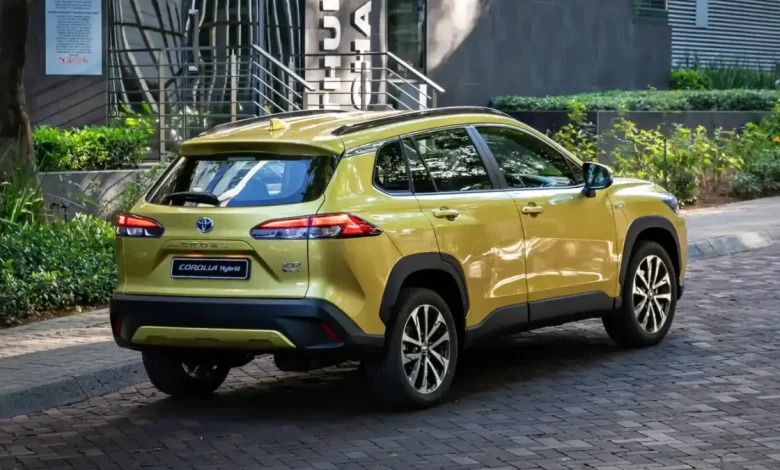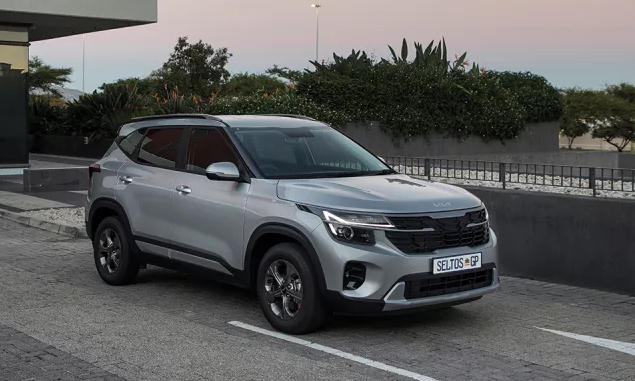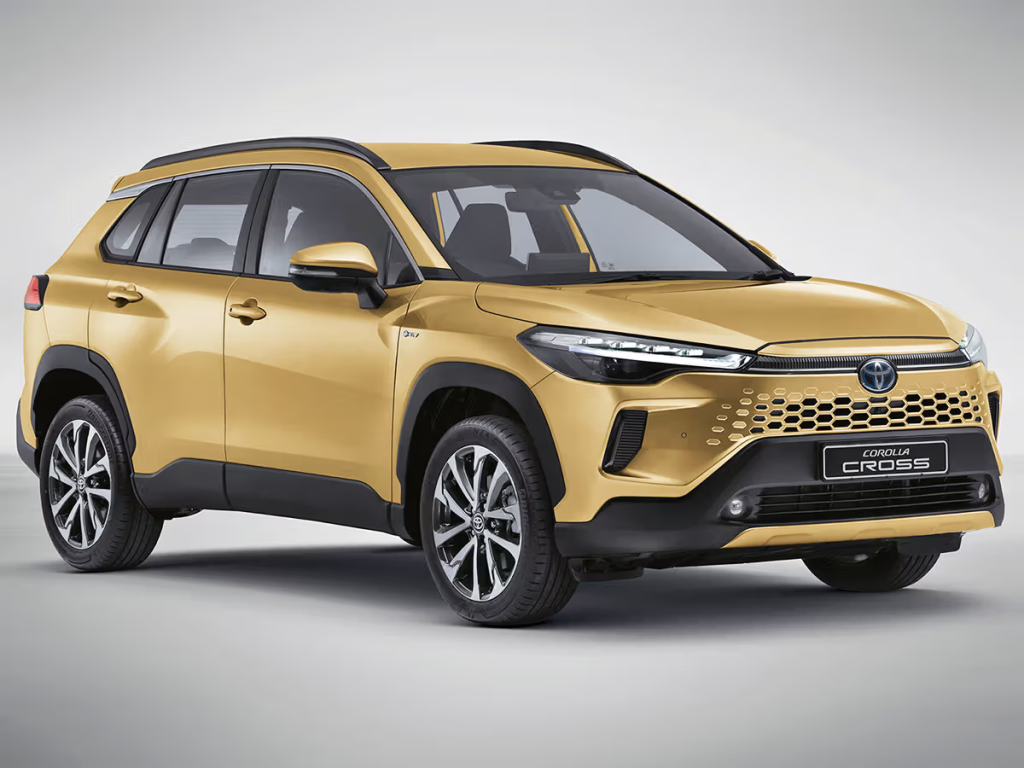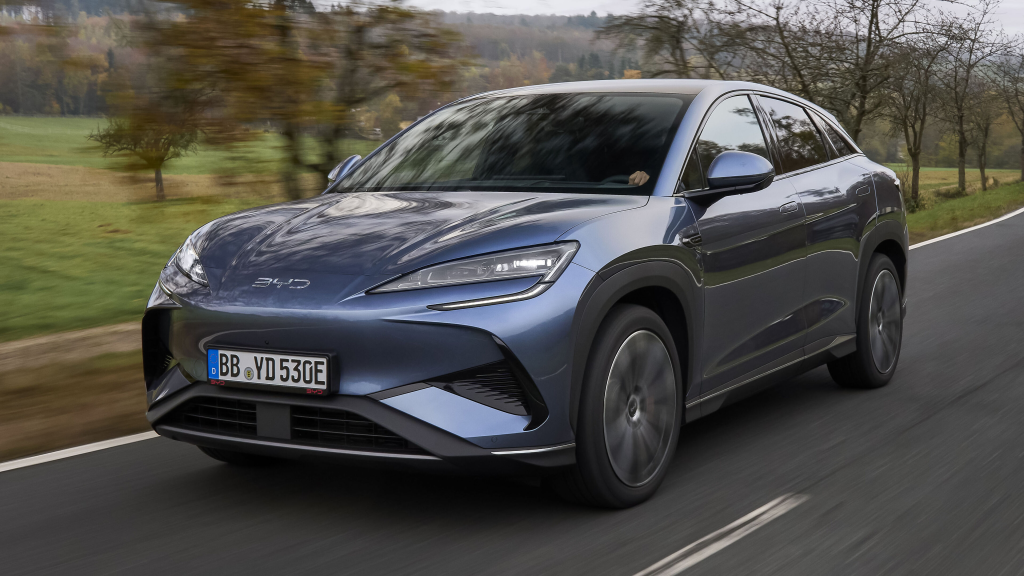Petrol vs Diesel vs Hybrid vs Electric: Pros and Cons of Each Vehicle Type Explained

Buying a car in today’s market is no longer a simple decision. With the rise of hybrid and electric models alongside traditional petrol and diesel options, choosing the right vehicle type has become far more complex. Many buyers wonder: Should I spend more on an electric car to save fuel in the long run? The answer isn’t straightforward, as many factors—including driving habits and usage—play a key role. To make things easier, here’s a breakdown of how each vehicle type compares in our country.

Petrol and Diesel: The Longstanding Favourites
Internal combustion engine (ICE) vehicles have powered cars for generations. Petrol and diesel cars remain dominant in the local market due to their affordability and wide availability as common vehicle types.
Petrol engines, while cheaper upfront, are generally less fuel-efficient—particularly in urban traffic where stop-start movement requires high engine revs. They perform better on open highways but often guzzle more fuel in city driving.
Diesel engines, on the other hand, are more efficient overall. Thanks to their combustion process, they deliver more torque at lower revs, which makes them ideal for long-distance travel and hill climbing. However, diesel cars are usually more expensive to buy and maintain due to complex technology. For instance, the Kia Seltos 1.5 CRDI LX diesel model costs R29,000 more than the petrol version, even though both offer similar power outputs. The diesel, however, offers better torque and fuel efficiency.

Despite these benefits, diesel passenger vehicles are becoming rare due to tough global emissions regulations and concerns over particulate emissions.
Understanding Hybrids: A Middle Ground
Hybrid Electric Vehicles (HEVs) blend petrol power with electric support, making them a popular choice for those who do a lot of city driving. The most widely recognized vehicle type in our market is the Toyota Corolla Cross HEV, which pairs a petrol engine with an electric motor to reduce fuel use, especially in low-speed, urban settings.
Not all hybrids are the same, though. Mild hybrids, which use a 48-volt system, only offer minor efficiency gains. These systems don’t drive the car on electric power alone but can reduce the strain on the engine by handling some electrical loads.

Full hybrids, like the Corolla Cross, are more efficient, especially in stop-and-go traffic. While the Corolla Cross HEV promises 4.3 liters per 100km on paper, real-world testing suggests it achieves just over 6.0 l/100km in urban driving and 5.6 l/100km on the highway. That makes it significantly more efficient than petrol-only rivals, but only if your daily routine involves a lot of traffic.
Plug-In Hybrids (PHEVs): A Step Closer to Electric
Plug-in hybrids offer even greater electric driving capability, typically managing 50–100km on battery power alone. With regular charging, many commuters can use electric mode for daily trips, saving significantly on fuel while having a petrol engine as backup for longer drives.
However, these cars are often pricey and, once the battery is depleted, their weight makes them less efficient on long highway journeys. Models like the BYD Sealion (from R639,900) are among the most affordable in this space, while others can cost upwards of R1 million.
Plug-in hybrids are best suited for urban users with easy access to charging points. Without regular charging, however, their fuel savings drop dramatically.
Fully Electric Vehicles (EVs): Zero Emissions, High Upfront Costs
Electric cars are powered solely by electric motors and typically come with large batteries capable of delivering over 400km of range. Running costs are minimal—charging at home may cost as little as R200 for a full charge—and they’re also cheaper to maintain due to fewer moving parts.
The most affordable EV in 2025 is the Dayun S5 at R399,900, while more practical models like the BYD Atto 3 (R768,000) and BYD Dolphin (R539,900) offer real-world usability.

EVs perform exceptionally well in town due to regenerative braking, which helps recover energy and extend range. However, on long-distance trips, range anxiety and limited charging infrastructure can be a concern. Real-world tests show that EVs often fall short of their claimed range figures when driven at high speeds—something to consider before a road trip to Durban.
Infrastructure is improving, but until home solar charging becomes more widespread and government incentives are introduced, EVs will remain a niche vehicle type in the country.
Making the Smart Choice
Choosing between petrol, diesel, hybrid, or electric isn’t just about cost—it’s about matching your vehicle type to your lifestyle. If you mostly drive around town, a hybrid or EV could make a lot of sense. For long-distance travellers, diesel still offers the best fuel economy. If affordability is your top concern, petrol remains king—at least for now.
The golden rule? Always consider your driving patterns, budget, and access to charging infrastructure. And remember, official fuel and range claims rarely tell the whole story—real-world conditions in our country can paint a very different picture.
Related article: Volvo XC60 Review: Plug-In Hybrid Power at Its Best




